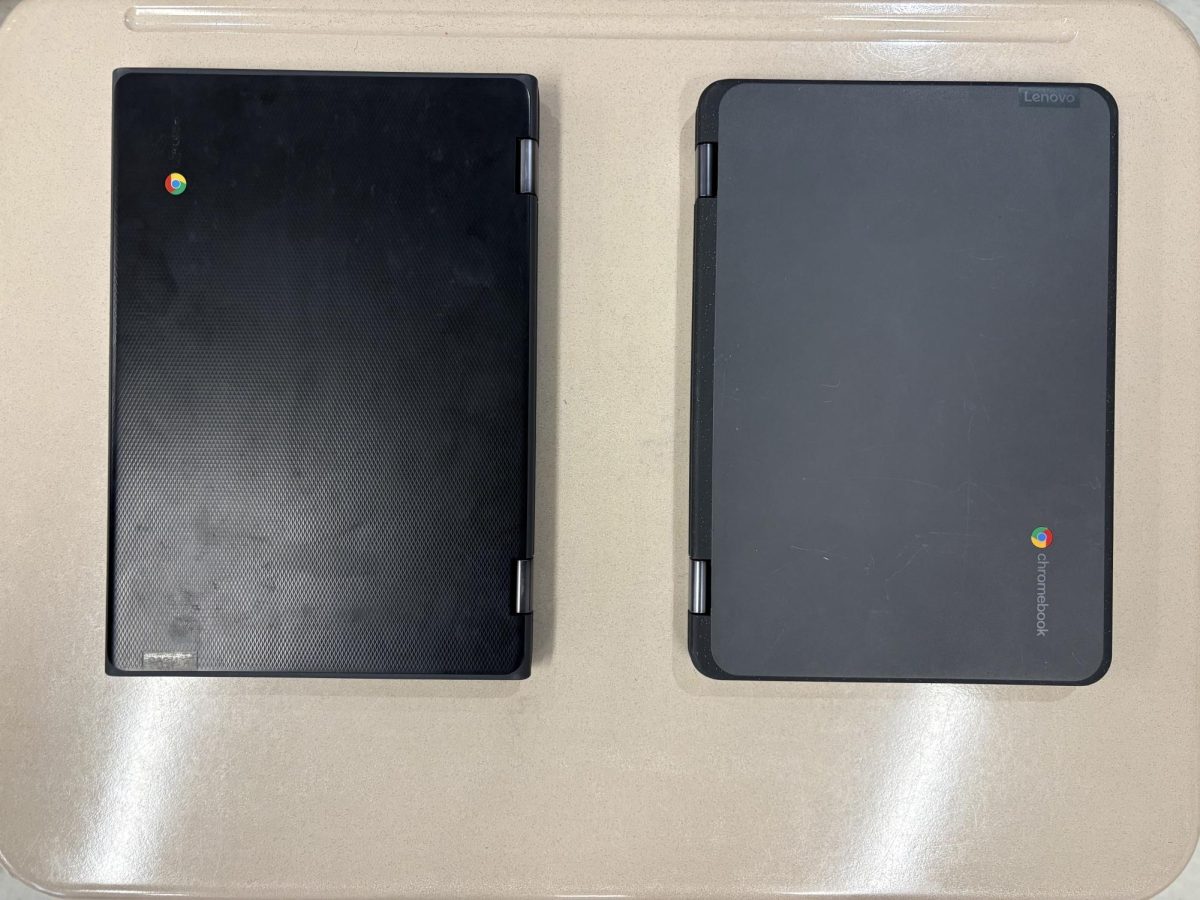Russia invaded Ukraine on Thursday, Feb 24, and the war has still not ended. It is the largest war in Europe in 80 years and displaced 13 million Ukrainians at its peak, which is almost 30% of the country’s population.
It began when Russian forces invaded from the north toward Kyiv, the capital of Ukraine. Then on March 24, Russia flooded troops into other parts of Ukraine, which marked the peak of the invasion. But in the north and east of Ukraine, Ukraine forces had begun to win and Russian forces had started to weaken. By April 6, Ukraine had won the battle of Kyiv and pushed Russian troops all the way out of northern Ukraine. Now Russia has narrowed its goals and set its sights on seizing the eastern city of Severodonetsk.
Russia’s initial motive to invade Ukraine was to depose its government and end its desire to join the Western mutual defense alliance NATO (North Atlantic Treaty Organization). NATO was created in 1949 with the purpose of preventing the westward expansion of Communism to other European countries. Vladimir Putin, the President of Russia, believes that the prospect of Ukraine joining NATO poses a threat to his security because Ukraine is the second-largest country in Europe by landmass, has access to the Black Sea and has a lengthy border with Russia.
At the core of all of this conflict is the entangled relationship between Ukraine and Russia. Ukraine was a part of Russia for centuries, but in 1917 during the Russian Revolution, Ukraine declared independence. Despite that, Ukraine was a member of the Soviet Union until 1991 when the USSR collapsed and Ukraine finally achieved status as an independent nation.
Putin has publicly stated that his goal with this war is to “demilitarize and de-Nazify Ukraine,” purporting that he wants to protect people that are subjected to what he calls eight years of bullying and genocide by Ukraine’s government. Putin refuses to call it a war, instead referring to it as a “special military operation.”
“As a result, I think that there will be a food crisis especially for the developing countries, such as what we are seeing in Sri Lanka,” sophomore Joseph Kang said.
“Denazification is inevitably also de-Ukranization,” RIA Novosti, a Russian state-owned domestic news agency company, stated.
“It is not our plan to occupy the Ukrainian territory; we do not intend to impose anything on anyone by force,” Putin said in a televised address on Feb 24.
But at least 4000 civilians have been killed and the international community now accuses Russia of carrying out war crimes. Some countries like Canada and the US even have called Russia’s actions genocide.
Given the situation, it will probably take time for Ukraine to join NATO if it really wants to because doing so now would just make the situation worse. But one thing is clear: it is truly wrong to kill civilians for the sake and status of a country.
“Our main goal is to finish this slaughter,” Ukrainian President Volodymyr Zelensky said in a televised address on Feb 26.








